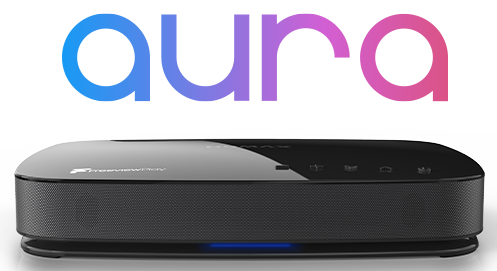When will we get a product that runs quicker than a snail? It's 2018. Come on Humax.
My Humax Forum » Miscellaneous » Other Humax Products
When are we getting something new from Humax
(13 posts)-
| Fri 14 Dec 2018 9:32:40 #1 |
-
With all the talk about Freeview being phased out completely either more quickly or more slowly than various interested parties might like then could well be the Freeview box market remains moribund and what we have got now is all we will ever have.
| Fri 14 Dec 2018 12:10:37 #3 | -
gomezz - 2 hours ago »
With all the talk about Freeview being phased out completely either more quickly or more slowly than various interested parties might like then could well be the Freeview box market remains moribund and what we have got now is all we will ever have.Does anyone know why Freeview would be phased out? I find that baffling as I've heard so many complaints about Youview, mainly the fact it seems to cut the ends off recordings a lot and is slow to operate. Hopefully Freeview will stay around for a long time to come.
| Fri 14 Dec 2018 15:07:36 #5 | -
I agree 'Freeview' generally works very well, the problem is that it is very expensive to maintain all those transmitters. To the "bean counters" internet TV is very attractive.
| Fri 14 Dec 2018 18:01:42 #6 | -
fedman1 - 2 hours ago »
I agree 'Freeview' generally works very well, the problem is that it is very expensive to maintain all those transmitters. To the "bean counters" internet TV is very attractive.Satellite is much, much, cheaper. Internet may be better in coming years but not now.
| Fri 14 Dec 2018 20:27:38 #7 | -
I certainly agree that satellite long term running costs will be much cheaper than for terrestrial. However the initial cost of getting the satellite into orbit must be far higher than replacing a transmitter / antenna arangement.
I use a combination of both the above, plus internet for 'catch up'. Being a bit long in the tooth, and given the choice I still prefer RF to landline, but accept that internet / cable will become the norm.
| Sat 15 Dec 2018 11:07:18 #8 | -
fedman1 - 1 minute ago »
I certainly agree that satellite long term running costs will be much cheaper than for terrestrial. However the initial cost of getting the satellite into orbit must be far higher than replacing a transmitter / antenna arangement.
I use a combination of both the above, plus internet for 'catch up'. Being a bit long in the tooth, and given the choice I still prefer RF to landline, but accept that internet / cable will become the norm.One satellite will basically provide cover for the whole UK with just one site to upload the programmes. Add more at the same location allows hundreds of channels to be transmitted.
Compare this to the hundreds of terrestrial sites and the infrastructure to deliver content to your local transmitter and the energy costs involved. The power required to power a communication satellite is essentially free from solar cells. SES Astra own and maintain the fleet at 28.2E. Broadcasters rent transponder space from SES Astra. Even quite small broadcasters can afford to rent transponders. Freesat rent a single transponder to support the two Freesat epg's.
A failure of a ground based transmitter like the Emley moor transmitter means the loss of it for months. Satellite operators can move satellites to provide back up for a failure at a specific orbital point using the small boosters required to maintain the orbital location and to stop satellites at the same nominal location like 28.2E from hitting each other.
| Sat 15 Dec 2018 11:16:02 #9 | -
Thanks Graham, your case is well made for satellite transmission compared to terrestrial.
| Sat 15 Dec 2018 13:18:29 #10 |
Reply »
You must log in to post.


